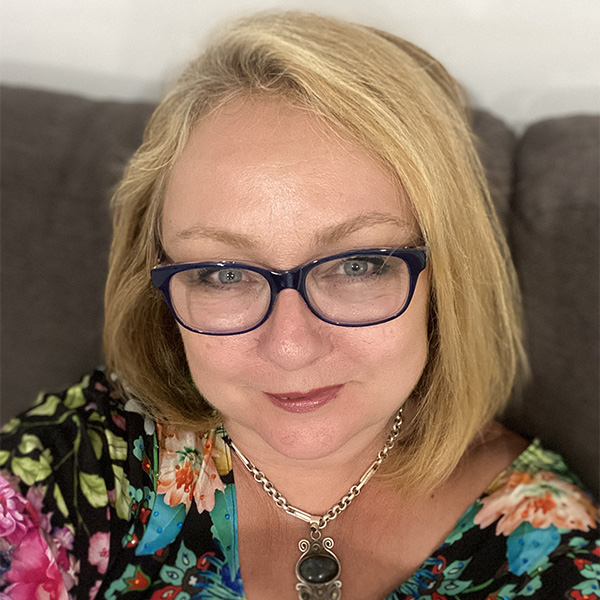
Juliette Bentley, up until recently was an Education Innovation Specialist with Datacom but has returned to the classroom in a part time capacity to pursue her passion for integrating global projects into the Australian curriculum. With over three decades as a classroom teacher and an M.Ed. in Information Learning Connections. She holds titles of Adobe Education Leader (AEL), Adobe APAC Master Teacher, Adobe Creative Educator Innovator, Google Certified Teacher, Google Innovator, and Google Trainer, Microsoft Innovative Educator and is currently an ISTE Explorer.
She's contributed to more than sixteen educational texts for Jacaranda and Pearson publishers, and is a presenter for professional development workshops, both nationally and internationally.
Juliette introduced English teachers to the Write the World global platform, which led her students to be featured in their journals. She has shared her innovative Writers' Club concept and passion for building literacy for students at various conferences, national and international, and the Australian Broadcasting Corporation showcased her student’s technology use, to reach authentic audiences.
Her global education involvement includes presentations at AEL Summits, Adobe MAX, a workshop at EduTech Asia 2018, judging at the EduTECH Asia awards in 2019, and participation at the Asia-Europe Foundation (ASEF) Classnet conferences where her 2018 project achieved a gold award. Juliette has a passion for opening the world to students, particularly those who may never get the opportunity to travel, so that cross-cultural empathy and understanding are developed for all students through student digital literacy. In 2020, she ran a global writing project with Maria Silva (Portugal) exploring the Sustainable Development Goals and Artificial Intelligence with ASEF, which pivoted to support students during the COVID-19 pandemic, using digital tools.
Her current mission is to mentor peers in integrating digital technologies into classrooms. She uses research, data, and government policy to provide tailored professional development to improve digital literacy and competency, ultimately enhancing student outcomes. She believes that by combining appropriate pedagogy with technology, it is possible to instill many of the skills needed to actively participate in the information society and prepare students today for their tomorrow.
Adapting curricula and teaching methods to the challenges and opportunities of the digital era means that we need to build digital capabilities for teachers so that students are better able to be participants, creators and innovators in a world where “50% of all employees will need reskilling by 2025, as adoption of technology increases, according the the World Economic Forum's Future of Jobs Report.
The competencies of the future and identification of key social skills necessary to achieve success and function in a dynamically changing reality are essential considerations for all educators, as is digital wellbeing for lifelong learning. Juliette will present some approaches, drawing upon Ruben Puentedura’s SAMR Model and TPACK technology frameworks that will help educators leverage technology to improve student outcomes and agency.